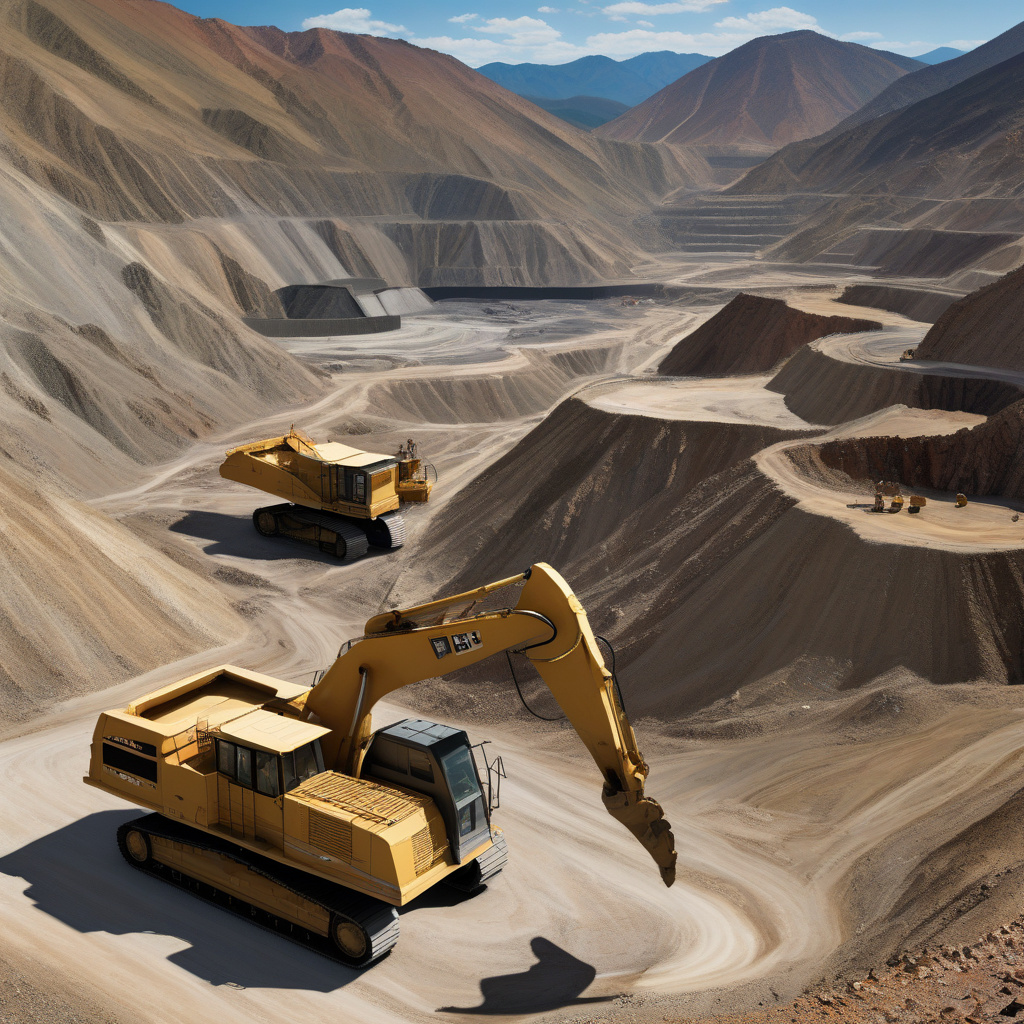Rare Earth Goldmine: Top 10 Nations Controlling Critical Metals for Global Tech
Rare earth elements (REEs), a group of 17 metals including 15 lanthanides, plus scandium and yttrium, have become the backbone of modern technology. These metals are essential in the production of various high-tech devices, from smartphones and electric vehicles to wind turbines and defense systems. As the demand for these critical metals continues to rise, the control of rare earth mines has become a strategic priority for many countries around the world. Here are the top 10 nations that are currently leading the way in rare earth mining and production:
- China: China is by far the largest producer of rare earth metals, accounting for over 70% of global production. The country’s dominance in this sector has raised concerns about supply chain security, especially amid geopolitical tensions.
- Australia: Australia is home to some of the largest rare earth deposits in the world, including the Mount Weld mine. The country has been ramping up its production to reduce its reliance on Chinese supply.
- United States: The U.S. has rich rare earth reserves, but its production capacity has significantly declined over the years. In an effort to revive its domestic rare earth industry, the U.S. government has been investing in new mining projects.
- Russia: Russia is also a major player in the rare earth market, with the country’s vast territories holding significant deposits of these critical metals. Russian companies have been expanding their rare earth mining operations in recent years.
- Vietnam: Vietnam has emerged as a key player in the rare earth sector, particularly in light of China’s export restrictions. The country’s production has been increasing steadily, attracting interest from international investors.
- Brazil: Brazil is home to some of the largest niobium reserves in the world, a metal that is often classified as a rare earth element. The country has been looking to expand its rare earth production to meet growing demand.
- India: India has substantial rare earth resources, but its production has been limited. The Indian government has been working to promote domestic production and reduce its dependence on imports.
- Malaysia: Malaysia is known for its rare earth processing facilities, making it an important player in the global supply chain. The country has been focusing on sustainable mining practices to minimize environmental impact.
- South Africa: South Africa has significant rare earth reserves, particularly in the Steenkampskraal mine. The country has the potential to become a major rare earth producer in the future.
- Canada: Canada is rich in rare earth elements, with deposits found in various provinces. The country has been exploring ways to develop its rare earth industry and establish secure supply chains.
As the world becomes increasingly reliant on rare earth metals for its technological advancement, ensuring a stable supply of these critical materials has become a top priority for many nations. Diversifying sources of rare earth production, investing in new mining technologies, and promoting sustainable practices will be key to meeting the growing demand for these essential metals in the years to come.
#RareEarth, #CriticalMetals, #GlobalTech, #SupplyChain, #RareEarthProduction












